Powerchairs, also known as Electric Wheelchairs, are designed for people who are unable to walk or are only able to walk very short distances. Powerchairs enable you to remain independent in your own home or nursing home and also allow you to get out and about. Most Powerchairs are driven by the user via a joystick control.
While many people are a little apprehensive and doubt their ability to control the chair with the joystick, with a little guidance they soon get the hang of it and before they know it they’re whizzing about!
Choosing a Powerchair – Indoor or Outdoor.
There are a number of factors to be considered when choosing a Powerchair. Is your Powerchair for indoor or outdoor use, or both? If it is mainly for indoor use you will need to choose a chair that can be manoeuvred in tight spaces and around doorways. If your Powerchair is mainly for outdoor use you need to consider the type of terrain that the chair will need to cover and also if there are any major inclines. The addition of a kerb climber may be important if lowered wheelchair accessible kerbs are not plentiful in your area. Battery range and top speed need to also be considered.
Finding a Comfortable Powerchair
If you are spending a long period of time in a Powerchair, then your comfort is of upmost importance. We have a range of seating options available, e.g. high-back ‘captain style’ seats can offer better levels of comfort. All of our Powerchairs have adjustable seats, meaning that the width, depth and angle can be set up according to your size, giving a perfect fit every time. We also offer a range of belts, laterals and headrests to customise your Powerchair to suit your needs. Our seating experts will assess your needs and recommend the best solution for you.
Transporting a Powerchair
Another thing to consider is how you wish to get around with your chair. Do you want to be able to use the Powerchair as your seat in a vehicle? If so it will need to be a crash tested model. Or do you wish to be able to disassemble it for transport?
Which Powerchair is right for me?
Our advice would be to contact our specialist seating team and together we will organise an assessment and recommend the right chair for you.

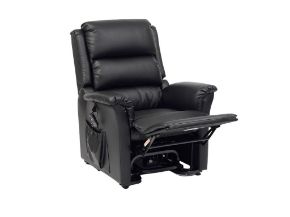
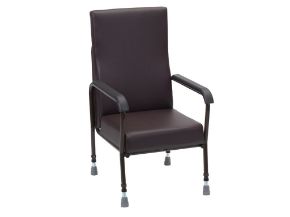
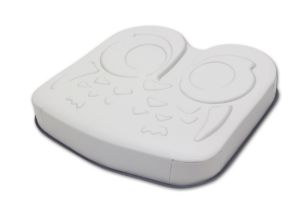
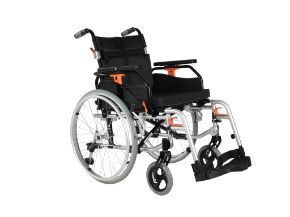
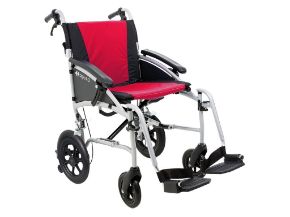
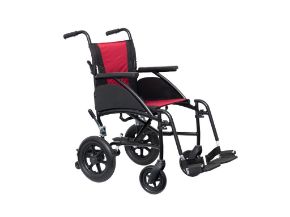
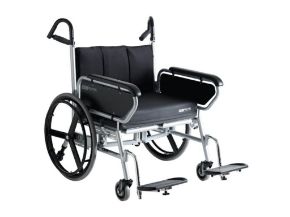
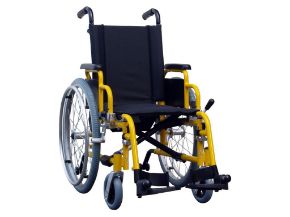
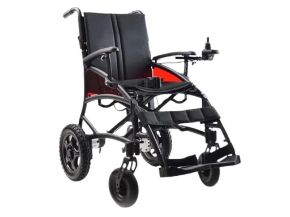
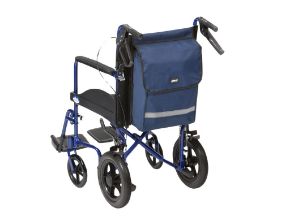
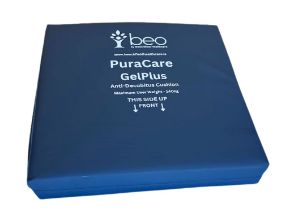
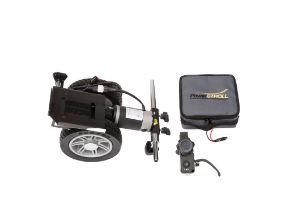
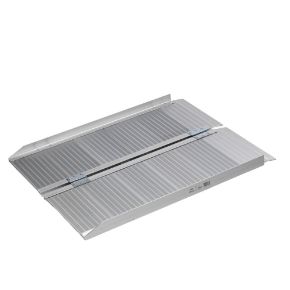
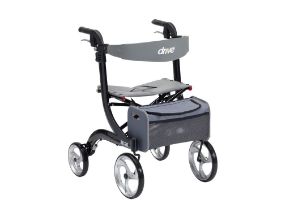
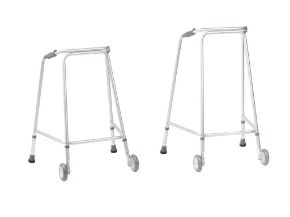
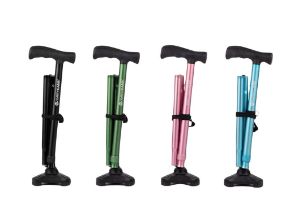
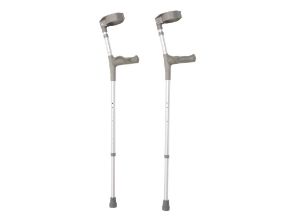
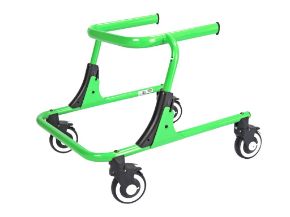
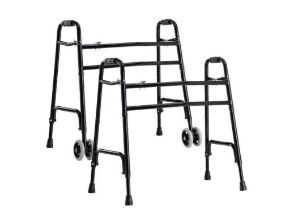
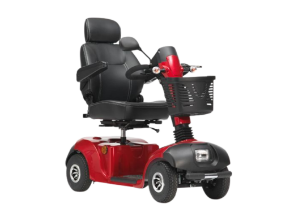
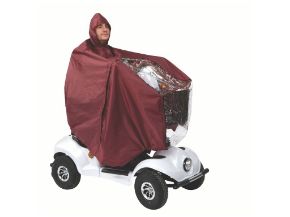
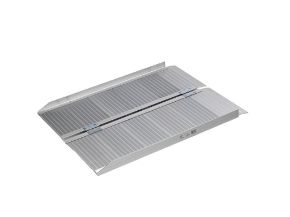

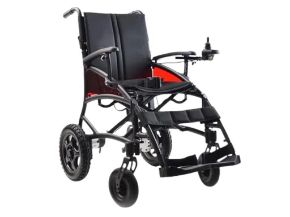
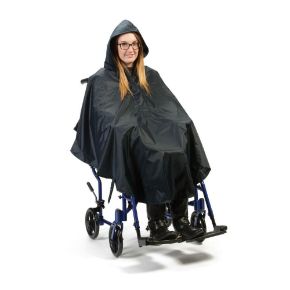
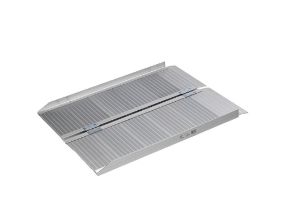
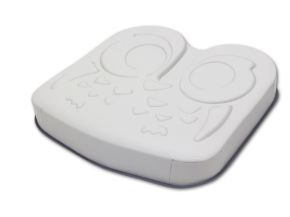
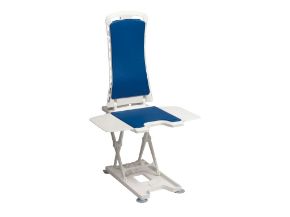
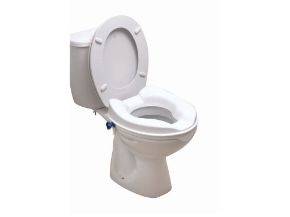
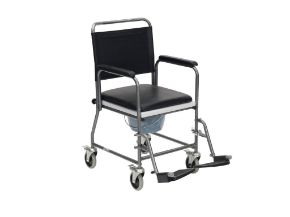
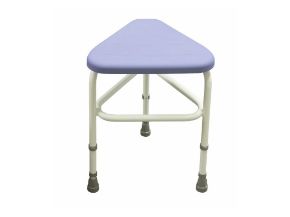
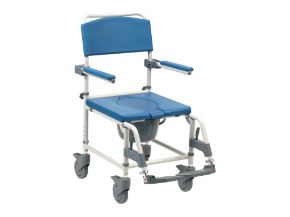
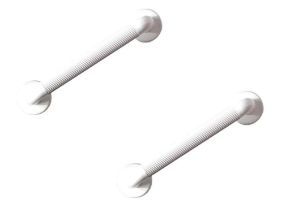
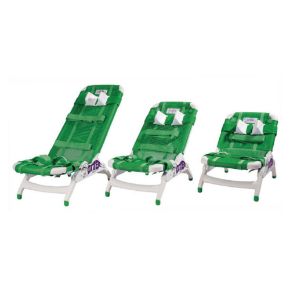
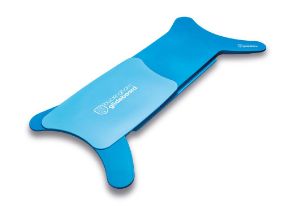
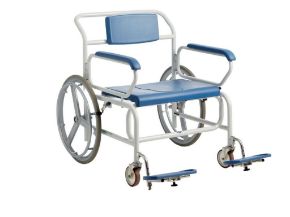
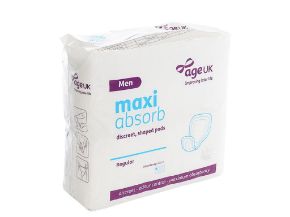
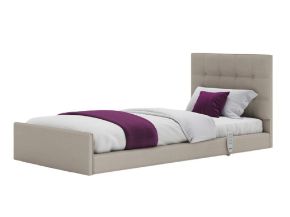
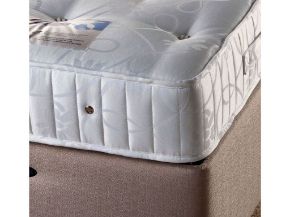
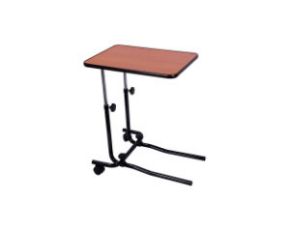
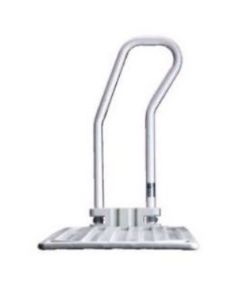

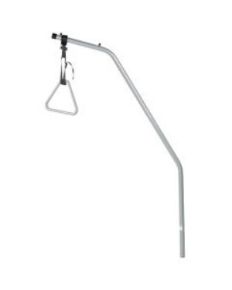
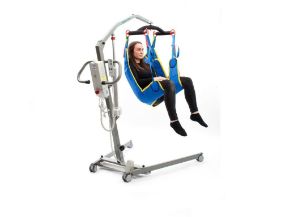
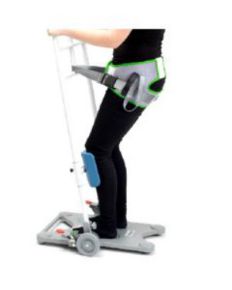
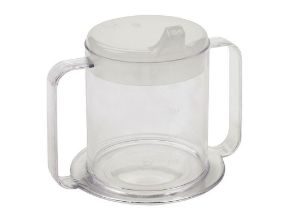
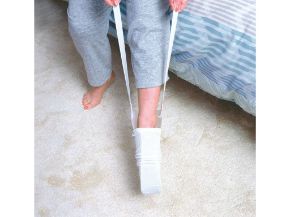
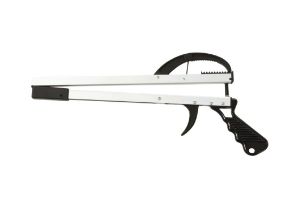
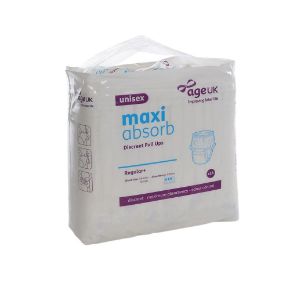
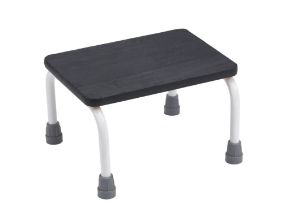
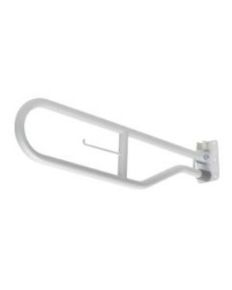
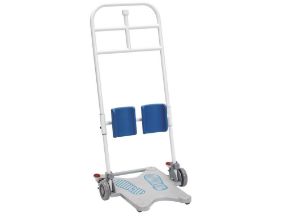
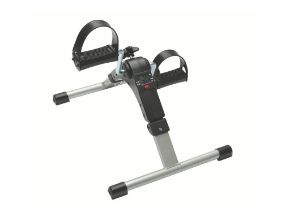
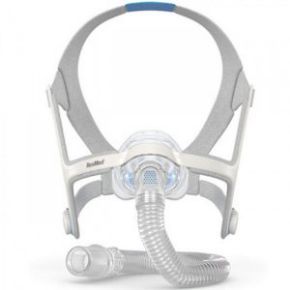
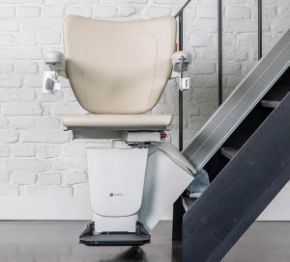

 (1)_900.jpeg)
